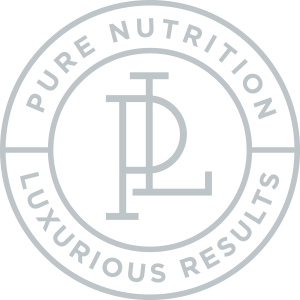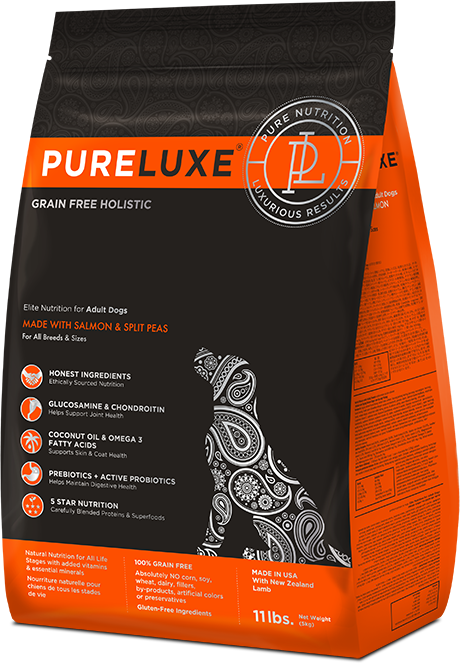Choosing the right food for your pet is crucial to their overall health
Choosing the right food for your pet is crucial to their overall health and well-being. Unfortunately, not all pet food is created equal. Many commercial brands contain low-quality ingredients that can have negative consequences for your pet’s health.
What are Low-Quality Ingredients?
Low-quality ingredients in pet food can include:
- Meat By-Products: These are the parts of the animal that are not suitable for human consumption, such as organs, bones, and trimmings. They may contain harmful bacteria or toxins.
- Fillers: These are inexpensive ingredients that are added to bulk up the food and reduce costs. Common fillers include grains, corn, and soy.
- Artificial Additives: These include preservatives, colors, and flavors that can be harmful to your pet’s health.
- Low-Quality Proteins: Some pet foods may use low-quality proteins, such as poultry meal or meat meal, which may not be as nutritious or digestible as whole meat.
The Dangers of Low-Quality Ingredients
Consuming low-quality ingredients can lead to a variety of health problems in pets, including:
- Digestive Issues: Low-quality ingredients can be difficult for pets to digest, leading to problems such as diarrhea, constipation, and vomiting.
- Allergies: Some pets may develop allergies to certain ingredients, such as grains or poultry.
- Obesity: Foods that are high in fillers and low in protein can contribute to obesity.
- Nutrient Deficiencies: Low-quality ingredients may not provide adequate amounts of essential nutrients, such as vitamins and minerals.
- Long-Term Health Problems: Over time, consuming low-quality ingredients can lead to more serious health problems, such as kidney disease, liver disease, and cancer.
How to Choose a High-Quality Pet Food
When choosing a pet food, it’s important to read the label carefully and look for the following:
- High-Quality Protein: The first ingredient listed should be a high-quality protein source, such as whole meat or fish.
- Whole Grains: If you choose a grain-inclusive food, look for whole grains rather than processed grains.
- Avoid Artificial Additives: Choose foods that are free of artificial preservatives, colors, and flavors.
- Check for Certifications: Look for certifications from organizations such as the Association of American Feed Control Officials (AAFCO) to ensure that the food meets quality standards.
By choosing a high-quality pet food, you can help to ensure your pet’s optimal health and well-being.




















